Why International Democracy Day matters to Switzerland
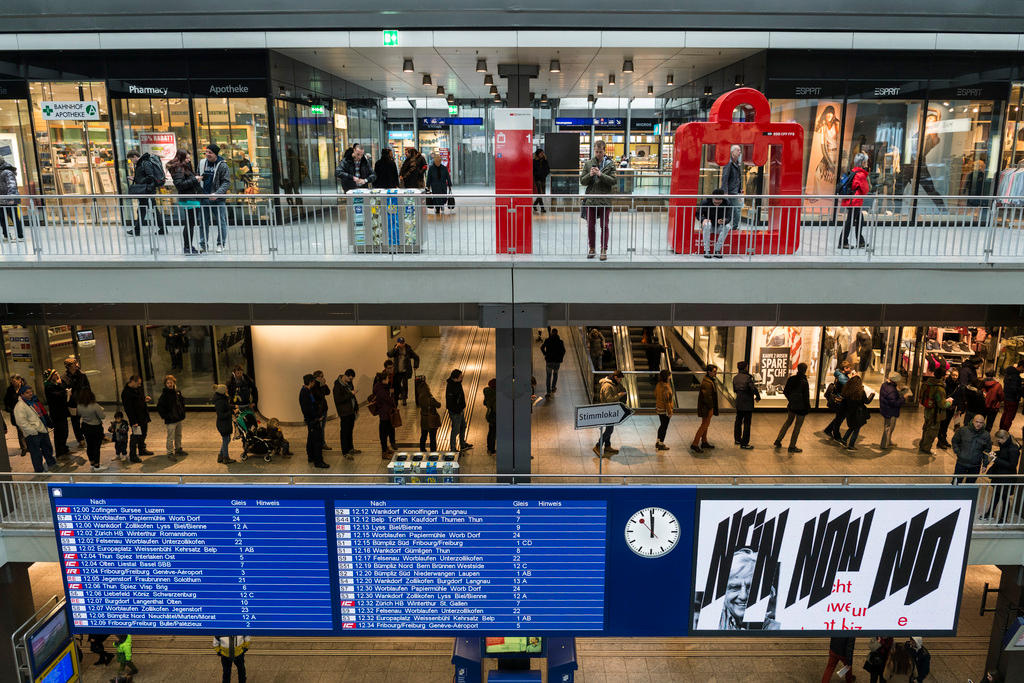
Modern direct democracy keeps citizens tuned in with Swiss politics. It enables them to make an informed judgement on issues at stake in popular votes. There are also good reasons for Switzerland to promote people power worldwide through diplomacy and development cooperation.
When you live in Switzerland, you are almost constantly confronted with democratic procedures. In front of your grocery store, political activists will ask you to sign up to their initiative. At the train station, you might cast your vote on a social security issue before boarding your train. And when getting off at the next city, candidates at a local election might smile at you from their posters.
Swiss citizens elect parliamentarians, judges, mayors and other members of government and vote on subject matters ranging from security and migration to environment and infrastructure.
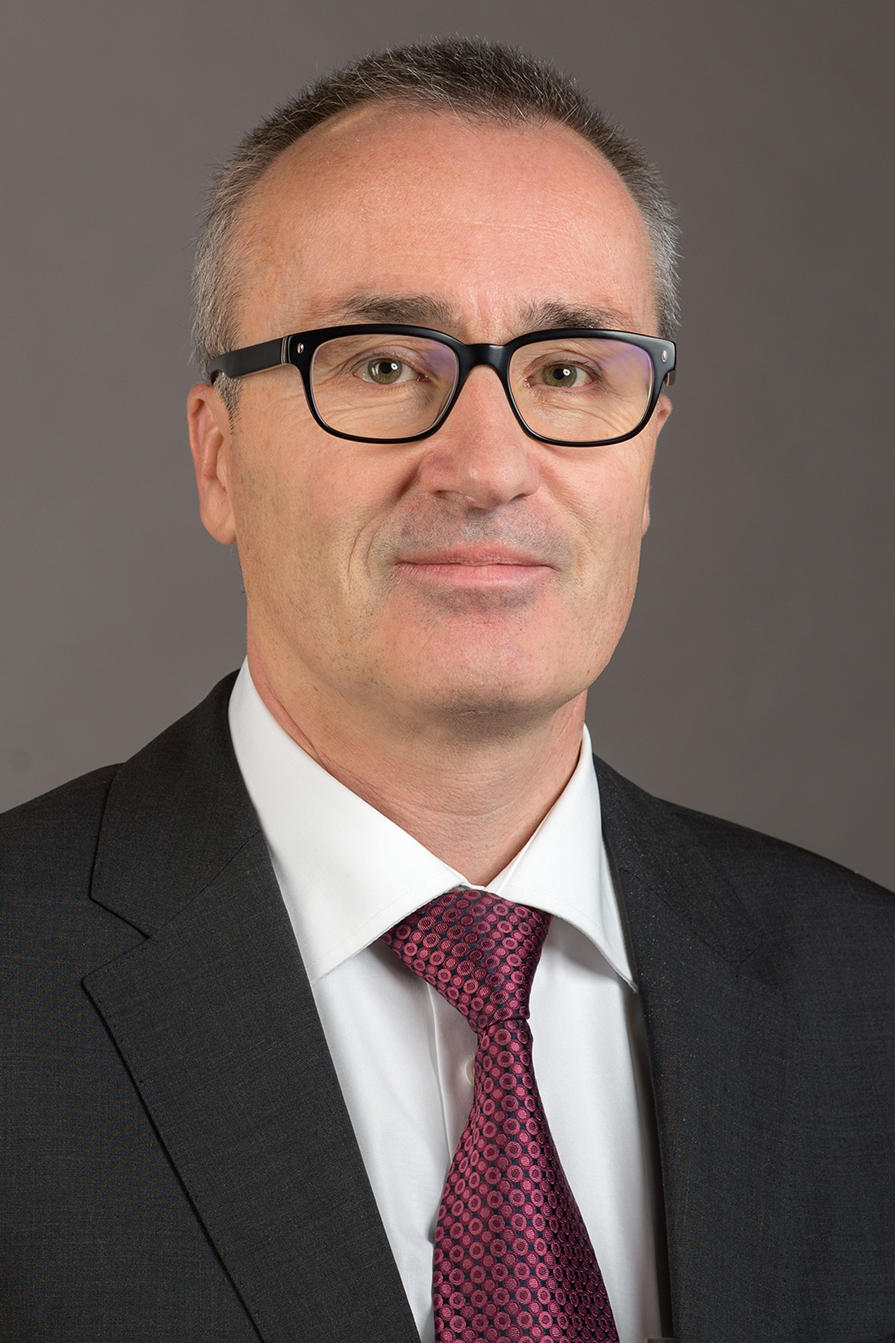
Democracy in Switzerland comes at three levels: at the local, regional and national level, which adds some complexity. But while people sometimes complain about the time they need for democratic decision making and information gathering, they would never want to give up on their rights.
Most Swiss citizens have a deeply rooted conviction that democracy is the best form of government.
The Swiss way of practicing democracy is particularly intense because citizens not only elect representatives but also decide on subject matters.
The combination of representation and direct popular decisions is called modern direct democracy. Typically four times a year, Swiss citizens are called to the polls to vote on a variety of political issues.
In 2017 for instance, the Swiss voted in favour of a long-term strategy promoting renewable energies and phasing out nuclear power. They also approved the creation of a fund for the funding of the country’s road infrastructure as well as simplified procedures for granting citizenship to third-generation migrants. In another ballot in February, they rejected new legislation on corporate taxation.
On September 24, we will vote on a reform of the state old age pension system and a constitutional amendment on food security.
Crucial role of media
I am very fond of Swiss direct democracy. It keeps citizens tuned in with Swiss politics. In order to be able to make a reasoned judgement, you need to inform yourself about the issues at stake.
The media and political parties play a crucial role in this respect. An important consequence of direct democracy is that it pushes parliament to work towards broad-based compromise solutions, because laws can easily be challenged in a referendum.
“While there are downsides of direct democracy, I think that advantages clearly prevail.”
I also hope that direct democracy can work as an antidote to populism – by making voters aware of the complexities of policy making. Finally, direct democracy disconnects policy issues from anti-government protests.
Swiss voters know that their government will not step down after a defeat in a vote. They will therefore focus on the matter under consideration and not so much on who brought it up.
Complex issues
Direct democracy, of course, also comes with drawbacks. There is the risk that people decide on complex issues without having a firm understanding of the issue at stake.
Some time back, we voted on a law regulating genetic research on humans.
It seems obvious that many citizens did not have a full grasp the subject matter. This is one reason for a sometimes low voter turnout. There is also a risk that direct democracy instruments may be misused to promote a populist agenda.
While there are downsides of direct democracy, I think that advantages clearly prevail.
Citizens take responsibility for politics; and government, parliament and political parties have to engage in a constant dialogue with the people. In such a system, the power difference between those ruling and those ruled cannot grow beyond certain limits.
Global passport to democracy
There is not only a national but also an international dimension to democracy. It probably comes as no surprise that a nation which is convinced of the merits of democracy at home will also promote democracy internationally.
This article is part of #DearDemocracy, a platform on direct Democracy issues, at swissinfo.ch.
The policy is based on the evidence that democratic systems better protect the rights of their citizens, thus reducing social tensions.
Such systems also allow for more transparency, thus counteracting corruption, and leading to more innovation and prosperity than in authoritarian regimes.
Power in democracies is shared between different players, and, most importantly, power transition takes place peacefully. This is in stark contrast to authoritarian systems, where rulers cling to power and power transition often means violence or revolution.
Given their limited legitimacy, authoritarian systems also often resort to aggressive policies towards other countries as a – very dangerous – way of mustering support.
There are thus many reasons to promote democracy worldwide.
Through its diplomacy and development cooperation, Switzerland supports good governance and the political participation of citizens in decision making.
Take a water project as an example. Swiss development cooperation provides funding for a village-based water system. The villagers manage the system, with a water users’ association exerting democratic control.
Switzerland also works with the Council of EuropeExternal link, International IDEAExternal link and other actors which promote democracy internationally.
We are therefore supporting and looking forward to the publication of a new global guide to active citizenship and participatory democracy, which will be published by International IDEA on Democracy Day 2017: the Global Passport to Modern Direct Democracy.
The views expressed in this article are solely those of the author, and do not necessarily reflect the views of swissinfo.ch.

In compliance with the JTI standards
More: SWI swissinfo.ch certified by the Journalism Trust Initiative
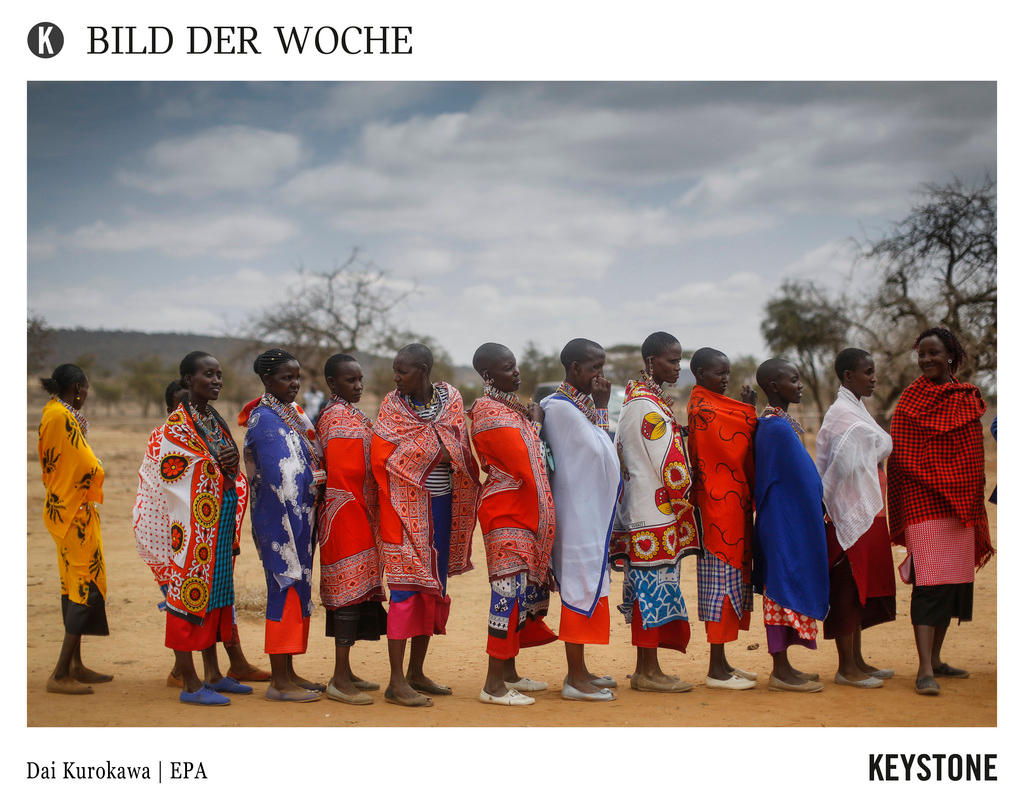
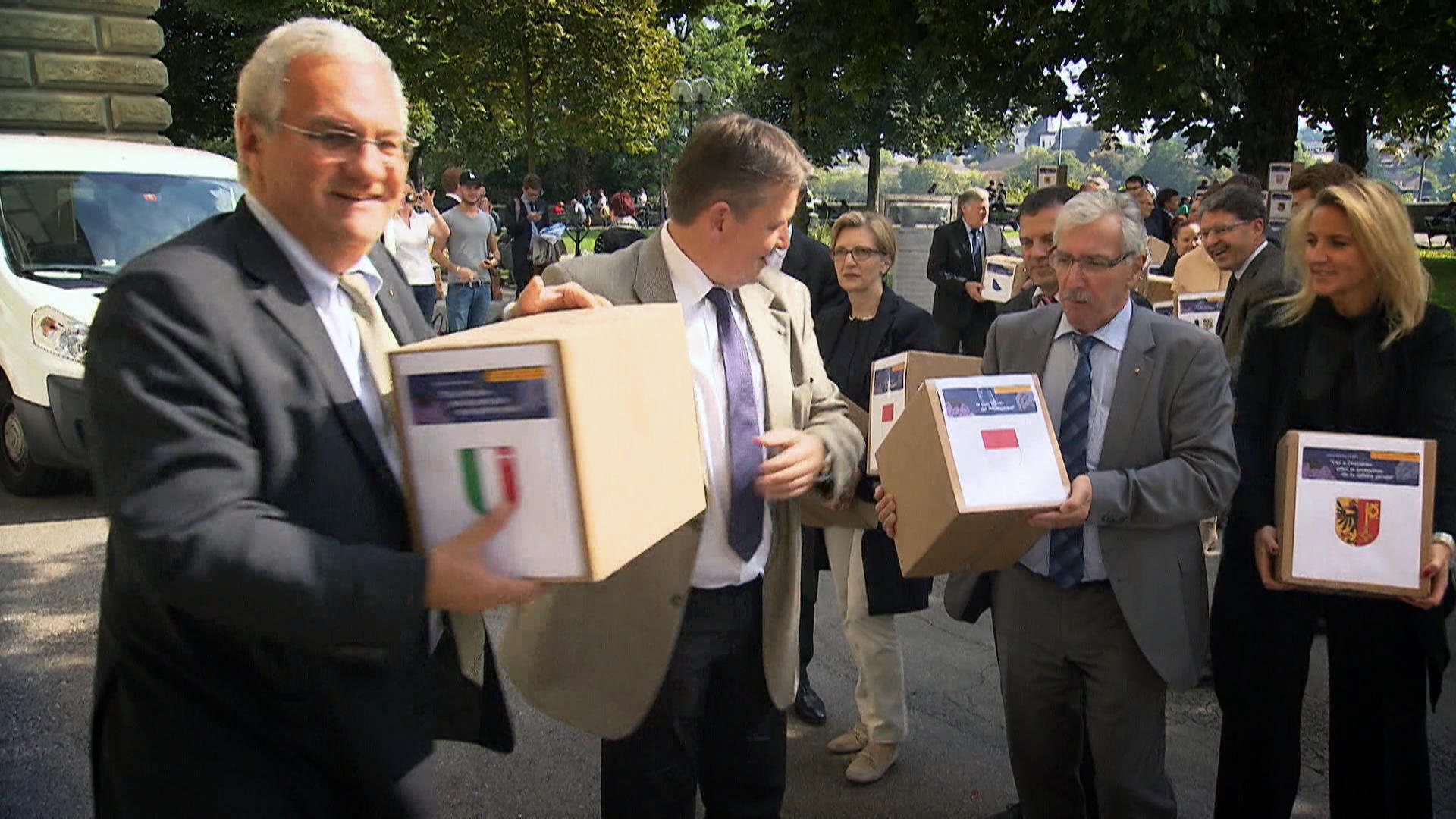

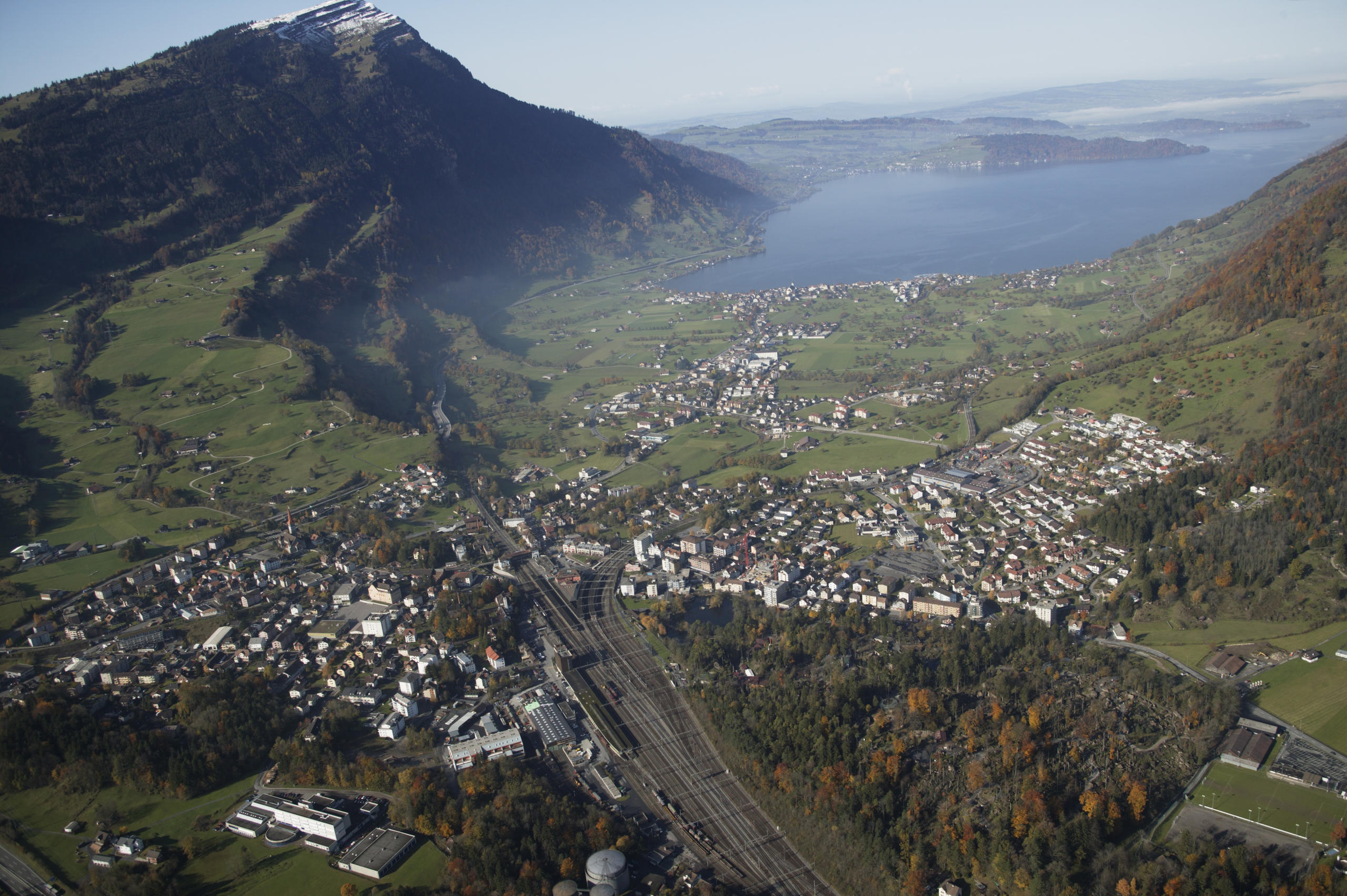



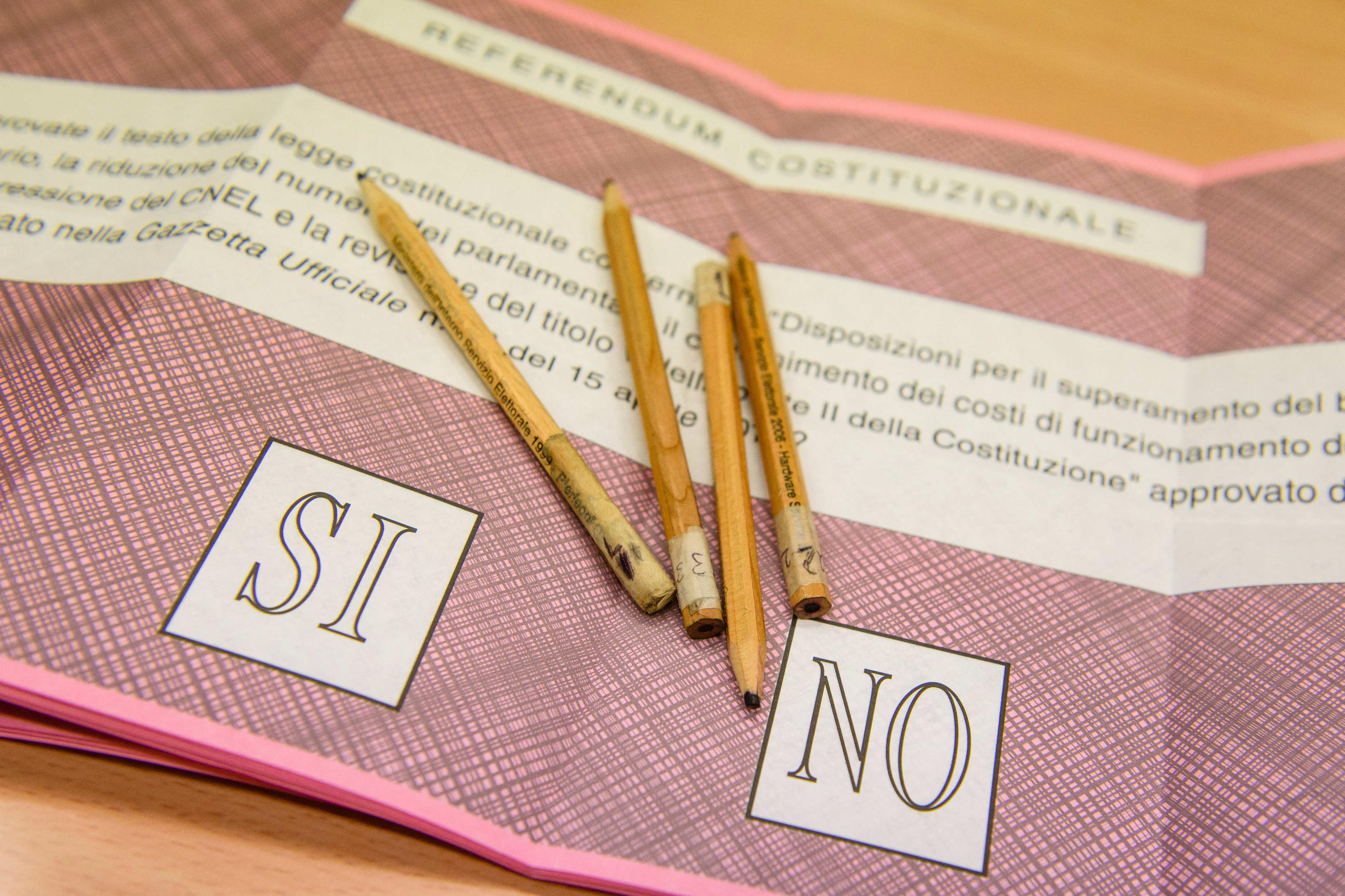
You can find an overview of ongoing debates with our journalists here. Please join us!
If you want to start a conversation about a topic raised in this article or want to report factual errors, email us at english@swissinfo.ch.